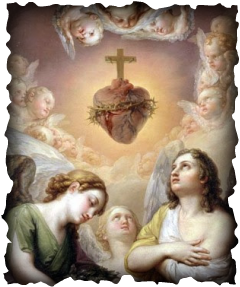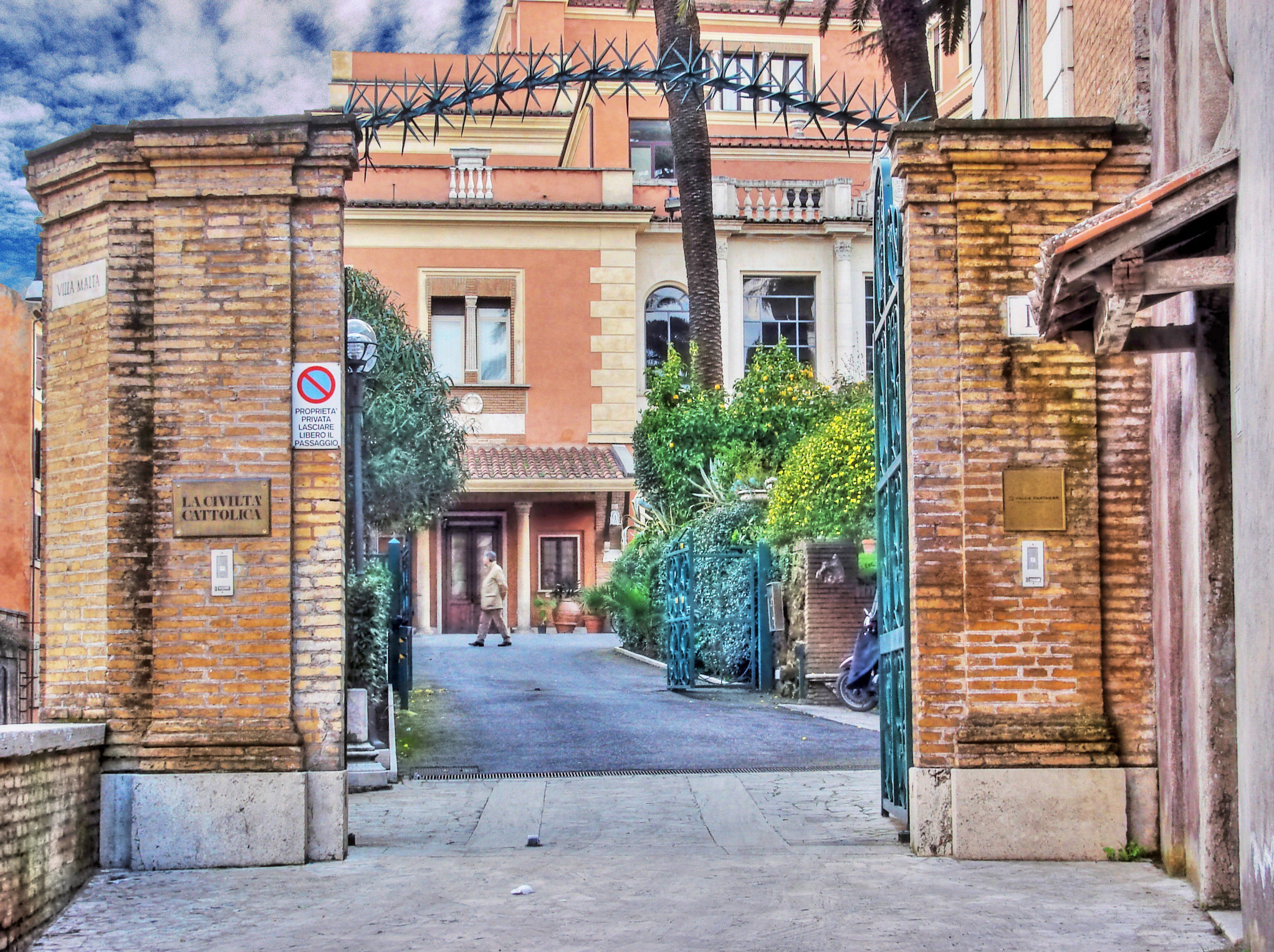At a Jesuit monastery in the heart of Lebanon’s Bekaa Valley, a small group of dedicated workers are making dairy products from start to finish, not too different from how it was done hundreds of years ago. Every day at 6 a.m.,
cheesemakers in white lab coats and gloves start their work. Step by step – starting with the cows that graze on the farm – they make around 10 varieties of cheese, as well as yoghurt, butter and ice cream. The milk from the cows grazing just footsteps away is transported through pipes to large metal cooling tanks. It is then drained through bags until it reaches the right consistency, depending on the product.
“We’re well-known for our old ways,” says Rana Kadri, as she gives a tour of the facility. Each product is made in a different way to reach its final shape, she explains. Yogurt and strained yogurt – laban and labneh respectively – for example, are made at a higher temperature than the cheeses.
The Dutch-inspired hard Gouda cheese – far from a local product – is one of their main products, but for very Lebanon-specific reasons. With an aging time of up to three years, much longer than the softer dairy products, it can be stored for long periods without it going bad, an unfortunate consideration in the conflict-prone Bekaa Valley, where roads are sometimes blocked when tensions flare up. Despite the area’s reputation, there is a general feeling of pride in the rich agricultural traditions of the Bekaa Valley. Once known as the breadbasket of the Roman Empire, the area is today home to most of the country’s wineries as well as the source of a variety of fruits and vegetables.
Kadri, who has been working as the facility’s production manager for the past six months, had only recently finished college when she got the job offer to lead the artisan cheese operation in the idyllic setting of a farm in a monastery.
Deir Taanayel stretches some 200 hectares and includes a stone church, a small lake and livestock including cows, goats and chickens.
A large garden that leads visitors to the entrance is something out of a rural travel book, with rows of picnic benches, bicycles for rent lined up along the main building, and a large cage with dozens of colorful exotic birds singing away. Families of stray cats have made the farm their home, having found a reliable source of food.
The monastery itself dates back to 1860, but the cheesemaking and the farm in its present form didn’t start until around 70 years ago, when the monks began the activity that would later inspire other Lebanese dairies to adopt the name Taanayel – a bittersweet result of their success. As the demand for the dairy products grew, so did their need to organize their work.
Four years ago, the monastery began a partnership with Arc en Ciel, a nearly 30-year-old Lebanese non-governmental organization that specializes in social and rural development. There are now 50 full- and part-time employees, and it remains a nonprofit operation.
Under the new management, the monastery has gone from a little-known spot to one of the must-see destinations for those visiting the area. In 2011, Deir Taanayel received a mere 15,000 visitors, while last year the number reached 80,000. This year they are expecting a total of 120,000.
“[Arc en Ciel] helped raise our standards. They run it like a business,” says Elia Ghorra, an agricultural engineer in charge of the production who began working at the monastery in 2005. “On Sundays you see all nationalities and religions having picnics here. It’s beautiful.”
The NGO has turned the nearby eco-lodge, a grouping of traditional mud houses as well as an adjacent restaurant that serves Taanayel cheese, into a youth hostel, offering a quaint place for visitors to spend the night when in the are



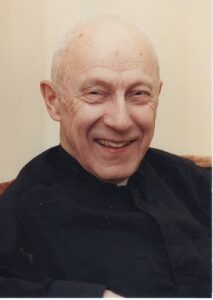


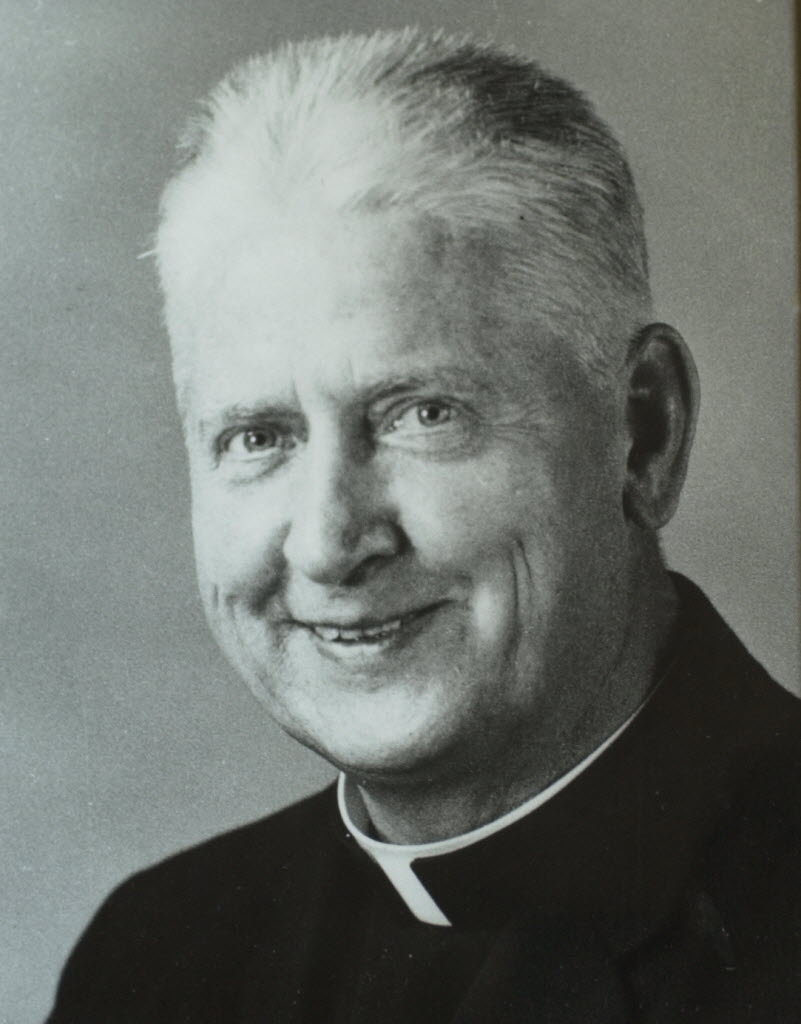
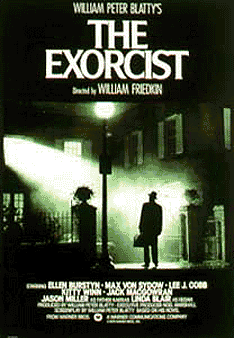





 >
>